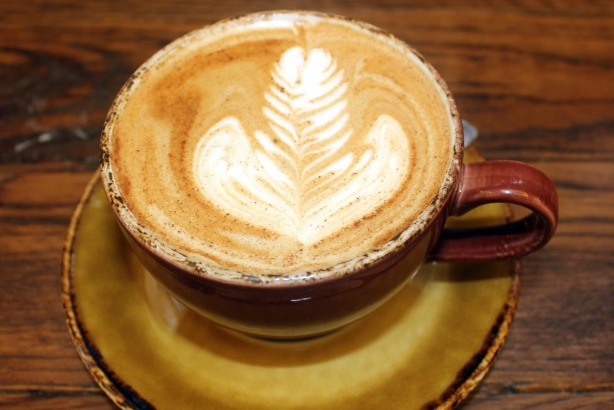Recent rapid growth in the UK sale of coffee pod machines is plateauing, latest research shows.
Yet Britain’s taste for coffee is anything but. Which is why plenty of growth potential remains – especially out of home, for those who best understand the emerging opportunities created by shifting market dynamics.
The adventurousness of British coffee drinkers along with their thirst for greater innovation are two overarching trends highlighted by Mintel’s latest UK coffee report at a time when out of home coffee drinking in UK coffee shops has grown more rapidly than at any time since 2008.
Over the last five years, the UK coffee shop market grew in value 37% from £2.4bn in 2011 to £3.4bn in 2016, Mintel found, fuelling a prediction that the market could jump again £4.3bn by 2022 – up a further 29%.
While two thirds of Britons have visited a coffee shop in the past three months, 51% expressed a preference for drinking coffee at home, fuelled by their growing ability to recreate the coffee shop experience
Three key dynamics are worth noting. First, recent growth has been driven by habitual coffee drinkers and the ever-increasing number of high street coffee retailers.
Second, growing competition is being faced by specialists from non-specialist venues – pub and fast food chains, bakery shops and so on. In its latest UK coffee shop report published earlier this year, Mintel found .
Finally, while two thirds of Britons have visited a coffee shop in the past three months – with usage peaking at 73% among 16 to 24 year-olds, 51% expressed a preference for drinking coffee at home, fuelled by their growing ability to recreate the coffee shop experience.
In short, quality coffee is now expected by consumers, wherever they are. And the pressure is on for coffee chains – especially specialists squeezed by local independent artisan outlets on one side, national non-specialist chains like McDonald’s and Pret a Manger on the other – to work harder to stand out and win and retain brand loyalty.
As ever, quality of staff and the in-café environment will be a key differentiator between tomorrow’s winners and losers.
The ability to create excitement around a product – as Starbucks does so successfully with its Red Cup, will be an important decider, too. But also critical will be less obvious factors that drive emotional and rational loyalty.
Consider what the best coffee shops do best – they are social. They get to know their customers and cater to their likes, too. They offer a great experience. And it is these strengths that larger chains facing growing competition must work harder to tap into.
Tapping into the coffee shop’s inherent strength – its social nature – is a must. The greatest success will come to those who best evolve the overall brand experience
More creative use of data from transactional loyalty programmes could enable larger players to replicate efficiently at scale what a small number of baristas do – creating memorable, personal moments of recognition, for example.
More creative use of the retail environment, meanwhile, could revitalise ethical values.
With Fairtrade credentials now the norm, there is significant scope for competitive advantage to be gained by better sharing values - more effectively explaining how a chain works with local communities in developing countries, for example.
And success will lie in doing so in fresh, genuine and engaging news ways.
Better tapping into the coffee shop’s inherent strength – its social nature – is another must as the greatest success moving forward will come to those who best evolve the overall brand experience.
An important next step for many will be to integrate social platforms more meaningfully into loyalty programmes. For all, the priority and guiding force must be to create great experiences customers feel are worth sharing.
And given British consumers’ seemingly insatiable appetite both for coffee and innovation the good news is that, for the time being at least, brand owners are knocking on an open door.
Kate Wheaton is director of strategy at TMW Unlimited


